 Ruttie Jinnah and M.A. Jinnah IMAGE/Dawn
Ruttie Jinnah and M.A. Jinnah IMAGE/Dawn
Read Part 1.
Drugs
Ruttie’s rush to dash off to Paris was to get drugs. Mrs. Naidu’s letters from Paris and New York to Padmaja make that clear.
While in Paris in 1929, Mrs. Naidu incidentally discovered from a princess (cousin of queen of Italy), who knew Ruttie, the reason for her visits to Paris. She said that “Madam Zhinna” had been getting drugs through “the long needle,” that is, morphine since her Paris visit in 1924. The concerned princess informed Mrs. Naidu that she had warned Ruttie: “she was ruining her life with drugs and how all her beauty was being destroyed.” (Reddy, p. 314-15.) But Ruttie was in no mood to listen; she just wanted to cope with the crisis, chaos, and commotion that were destroying her from the inside.
Incidentally, Mrs. Naidu was told the same thing by another person, Princess Journevitch (wife of a famous Russian sculptor), with whom she had lunch in New York in 1929 who said that years ago in Paris Madam “Zhinna’s” drug habit was playing havoc with her gorgeousness and life. (Reddy, p. 364-65.)
In the US, Mrs. Naidu learned from Syud Hossain that Ruttie was taking drugs while she was in the US. Hossain alerted her of the harmful effects. (For religious violation, Gandhi had ejected Hossain out of India, see note <9> below.)
That means halfway through their marriage, Ruttie started taking drugs the kamikaze way, i.e., carelessly taking drugs and ignoring warnings of their harmful effects on her mental and physical health. It must have been depressing to watch such a brilliant person travel over 4,000 miles to find solace in drugs.
Moved out
On January 4, 1928, Ruttie and Jinnah got down from the train at Bombay’s Victoria train station. They came back after attending the Muslim League session in Calcutta. Mrs. Naidu was on the same train too. Ruttie informed Jinnah that she’s moving to Taj Mahal Hotel. She left with Mrs. Naidu and got a room next to hers. Jinnah went to South Court alone. Kanji helped Ruttie in moving her belongings. Mrs. Naidu’s letter to her daughters:
“It is extraordinary how few people have even an inkling of what has happened in the very heart of Bombay. Fortunately, everyone is so used to seeing her [Ruttie] here at all hours [that is, in Mrs. Naidu’s room] that no one suspects her being here with her cats and he at home alone.”
Reddy, p. 333.
Ruttie and Jinnah’s separation had disturbed Mrs. Naidu more than the couple who got separated, as is obvious the way she put it to her friend Syud Hossain: “The really tragic part of it is that both seem so relieved.” (Ibid, p. 336.)
An old Parsee friend tried to reunite them. Jinnah shouldered the blame:
“It is my fault: we both need some sort of understanding we cannot give.”
In April, Ruttie, joined by her mother Dinbai Petit, left for Europe. Jinnah was already in London with his friend Chaman Lal who had gone to Geneva to attend the ILO (International Labour Organization) Conference.
Chamanlal then went to Paris. Upon learning of Ruttie’s illness, he headed to the Champs Elysee clinic where Ruttie was bedridden and had 106 degree fever. Ruttie handed him a book of poems by Oscar Wilde and requested him to read. Chamanlal:
“When I came to the closing lines of The Harlot’s House:
‘And down the long and silent street,
The dawn, with silver-sandalled feet,
Crept like a frightened girl.’
“I looked up and Ruttie was in coma.”
Chamanlal’s impression of Ruttie:
“… I had always admired Ruttie Jinnah so much: there is not a woman in the world today to hold a candle to her for beauty and charm. She was a lovely, spoiled child, and Jinnah was inherently incapable of understanding her. …”
Ritu Marwah, Jinnah’s daughter, India Currents.
Chaman Lal informed Jinnah that Ruttie wasn’t feeling well. Jinnah, who was in Ireland, rushed to Paris where he booked a room at George V. Jinnah went to the clinic as Chaman Lal waited for him at a nearby cafe. Jinnah returned after three hours in a relaxed mood and informed him Ruttie was to be transferred to a new clinic with a new medical adviser.
Money was no deterrent. Jinnah held constant vigil by her side. He stayed with Ruttie at the clinic for over a month. He took care of her and even shared the clinic food with her. She recovered and left for Bombay but without Jinnah.
Could any one have saved their marriage?
Interceder
The thought that crosses one’s mind when reading Ruttie and Jinnah’s story is they needed intercession and someone should have mediated to save their marriage. Was there anyone who could have saved their marriage? The only person who had such credentials and could have gotten any success in reconciling Jinnah and Ruttie was Sarojini Naidu — a devoted friend of Jinnah and a mother figure to Ruttie. And she, in fact, did try to mediate.
Actually, it was the pitiable state of Ruttie that had prompted Mrs. Naidu to make an effort. Mrs. Naidu’s letter to Padmaja:
“Well, Ruttie has only us really. Her own people are strangers to her. Her poor mother loves her but drives her distracted … She loves us and trusts us and so she comes to me for sanctuary., poor child. She feels safe here. Safe in her soul.”
Reddy, p. 335-6.
It was her genuine love for Ruttie that led Mrs. Naidu to talk to her very good friend Jinnah. Mrs. Naidu continues:
“Jinnah has grown so dumb. No one can even approach him. I think he is hurt to the core because she left him like that, almost without warning. In any case no one can interfere with him. He is too hard and proud and reserved for even an intimate friend to intrude beyond a certain point. All he says is, ‘I have been unhappy for ten years. I cannot endure it any longer. If she wants to be free I will not stand in her way. Let her be happy. But I will not discuss the matter with anyone. Please do not interfere.’ And he is I suppose like a stone image in his loneliness and Ruttie is, although reveling in what she believes to be the beginning of liberty for her–liberty costs too dear sometimes and is not worth the price.”
Ibid, 336.
Mrs. Naidu was writing to her elder daughter but her younger Leilamani was not far from her mind. She continued:
“I am writing a line to Papi today. Poor child. She must like Ruttie be clamouring for ‘freedom.’ This freedom!!”
Ibid.
The only person whose mediation could have bore some fruit, failed. If Mrs. Naidu couldn’t, then probably no one could.
Author Sheela Reddy believes Ruttie should have consulted Gandhi.
Could Gandhi have played the savior?
Reddy (p. 271.) writes: “… Ruttie, without sharing Jinnah’s animus against Gandhi, turned away from the one man who might have saved her.”
Ruttie, as far as her own life or marriage were concerned, was a very private person. She never mentioned the inner turmoil she was going through or her marital problems even to Kanji, one of her best friends. With Mrs. Naidu and her daughter Padmaja, she was close in that regard and would vent her exasperation and would tell them her problems and frustrations.
Gandhi and Ruttie met a few times. They did correspond sometimes. Once Ruttie donated money to his fund for Jallianwala Bagh memorial. Jinnah didn’t know about it — not that Ruttie was hiding it from him, it was an spontaneous act. Gandhi wrote in his newspaper column:
“Mrs Jinnah truly remarked when she gave her mite to the fund, the memorial would at least give us an excuse for living.”
Reddy, p.230.
Gandhi’s April 30, 1920, letter to Ruttie asked her to cajole Jinnah to learn Gujarati and Hindustani (a mix of Hindi/Urdu):
“Please do remember me to Mr. Jinnah and do coax him to learn Hindustani or Gujarati. If I were you, I should begin to talk to him in Gujarati or Hindustani. There is not much danger of you forgetting your English or your misunderstanding each other, is there? … Yes, I would ask this even for the love you bear me.”
(Kanji was another person to be reminded by Gandhi that his mother tongue was Gujarati. See the letter written in 1947 here. ( https://pennds.org/doing-research/exhibits/show/dwarkadas/gandhi )
In a June 28, 1919 letter to Jinnah, Gandhi had urged him to learn those languages:
“I have your promise, that you would take up Gujarati and Hindi as quickly as possible. May I then suggest that like Macaulay you learn at least one of these languages on your return voyage? You will not have Macaulay’s time during the voyage, i.e., six months, but then you have not the same difficulty that Macaulay had.”
Unlike Ruttie, Jinnah’s background was that of a middle class family from Gujarat and spoke Kuchchhi and Gujarati “beautifully,” per Chagla. His Hindustani was not that good. Both Jinnah and Ruttie were comfortable speaking English. Gandhi knew his letter was unnecessary, but couldn’t resist playing politics.
(For Jinnah’s Gujarati handwriting, see “Rare Speeches and Documents of Quaid-E-Azam,” compiler, Yahya Hashim Bawany (Karachi: Mr. Arif Mukati, 1987, p. 39. Jinnah was answering questions for a Gujarati monthly Vismi Sadi or Twentieth Century in 1916. The questions were about favorite author, flower, etc. Jinnah is known as Quaid-E-Azam that translates to a Great Leader. See also Dr Muhammad Ali Shaikh, “History: Becoming Jinnah,” Dawn,)
In the above letter, Gandhi also asked Jinnah to inform Ruttie,
“Pray tell Mrs Jinnah that I shall expect her on her return to join the hand-spinning class that Mrs Banker Senior and Mrs Ramabai, a Punjabi lady, are conducting.”
Ruttie never joined the spinning classes. (Her mother Lady Petit had joined and she used to go to those classes).
In 1924, Gandhi wanted Ruttie to convince Jinnah to boycott British and all other foreign goods. Ruttie didn’t see any political wisdom or practicality in such actions. (Dwarkadas, p. 18. Kanji had similar ideas as Ruttie and he elaborated those in an interview to the Evening News of India May 1924. Ibid. p. 19-20.)
The question remains: would Gandhi have been the right person to save Ruttie?
Looking at Gandhi’s
- married life,
- his views on sex,
- his relations with several women (including philosopher/poet Rabindranath Tagore’s niece Sarala Devi Chaudhurani, an educationist and political activist, and
- “young, golden-haired, blue-eyed Danish beauty,” Esther Faering, a devout Christian missionary), and
- his mistreatment of his wife Kasturba,
- his constant juggling to please and/or to save his girls/women friends from Kasturba’s justified wrath,
- his experiments of sleeping with young girls to control his sexual urge,
- his idea of restricting sexual activities to just procreation without any element of pleasure,
- asking husbands and wives to consider each other as brothers and sisters,
- and his so many other eccentricities don’t seem the right qualities to qualify him for that role.
Here is one of the Gandhi advices to Indians:
“It is the duty of every thoughtful Indian not to marry. In case he is helpless in regard to marriage, he should abstain from sexual intercourse with his wife.”
B. R. Gowani, “Was Gandhi Averse to climax?”
Very strange and unhealthy advice, indeed. The institution of marriage was and, to a great extent, is still a legal outlet for most people to relieve themselves of troublesome hormones.
And what was the guarantee that Gandhi, a hardcore politician, wouldn’t have played Ruttie’s request for help to further humiliate Jinnah?
Ruttie was a very reserved person when it came to her personal life and so would have never allowed Gandhi to play any role in resolving any of her problems. Gandhi’s intervention wouldn’t have solved anything but could have had detrimental outcome.
Let’s assume that Ruttie had approached Gandhi for help. (Jinnah would not have stopped Ruttie from approaching Gandhi.) The most Gandhi could have done was to convince Ruttie to join his Ahmadabad ashram where, undoubtedly he would have given her special treatment (as he had offered to Motilal’s daughter Vijaya Lakshmi Pandit who was sent there to wean her away from her Muslim husband). For Ruttie, the stay there would have been worse than the “slave” like life with Jinnah. She was a free bird and thus couldn’t be caged — not only she would have flown out of the ashram in no time but would have probably persuaded many other ashramites to flee with her.
Another thing Gandhi would have done was to assign Ruttie some social or political work to keep her busy and thus caused her to forget her depression and other problems. But then, she was already doing some of those things with Kanji, but it seems that she didn’t stay too long in those ventures. Dewan Chamanlal had asked her to join trade union but she declined that.
The final letter
On a ship back to India, Ruttie poured out her torment and hurt in her letter to Jinnah:
S. S. Rajputana.
Marseilles 5 Oct 1928.
Darling – thank you for all you have done. If ever in my bearing your over tuned senses found any irritability or unkindness – be assured that in my heart there was place only for a great tenderness and a greater pain – a pain my love without hurt. When one has been as near to the reality of Life – (which after all is Death) as I have been dearest, one only remembers the beautiful and tender moments and all the rest becomes a half veiled mist of unrealities. Try and remember me beloved as the flower you plucked and not the flower you tread upon.
I have suffered much sweetheart because I have loved much. The measure of my agony has been in accord to the measure of my love.
Darling I love you – I love you – and had I loved you just a little less I might have remained with you – only after one has created a very beautiful blossom one does not drag it through the mire. The higher you set your ideal the lower it falls.
I have loved you my darling as it is given to few men to be loved. I only beseech you that our tragedy which commenced with love should also end with it.
– Darling Goodnight and Goodbye
Ruttie
I had written to you at Paris with the intention of posting the letter here – but I felt that I would rather write to you afresh from the fullness of my heart. R.
Shagufta Yasmeen, “Ruttie Jinnah: Life and Love” (Islamabad: Shuja Sons, no date, p. 71-2, for the original letter in Ruttie’s handwriting). For online, see Letters of Note.
Final months
Ruttie left Paris just a few days before Mrs. Naidu arrived on October 10. Mrs. Naidu wrote to Padmaja:
“I think Jinnah tried very hard to get her to come back.” “But Ruttie is, so I am told, beyond all appeal. Her health is still very precarious. But I have had no talk with Jinnah as yet.”
Reddy, p. 348-9.
She met him the next day and discussed the political situation in India where politicians were waiting for Jinnah’s arrival and response to Nehru Report.
Once in India, he got busy. On December 28, at the All-Parties Convention in Calcutta, Jinnah’s demand for 33% Muslim representation in the central legislature was met with derision. One of the Congress leaders Sir Tej Bahadur Sapru ridiculed him and said give whatever this “spoilt child was asking for and be finished with it.” (Wolpert, p. 100.) M. R. Jayakar, spokesman for the Hindu Mahasabha, a communal outfit, said Jinnah represents “a small minority of Muslims.” (Ibid. p. 101.) (The Muslim population was around 25%. Jinnah wanted some kind of parity to secure Muslims with the majority Hindu population.)
Jinnah calmly requested:
“… Minorities cannot give anything to the majority….Believe me there is no progress of India until the Musalmans and Hindus are united, and let no logic, philosophy or squabble stand in the way of coming to a compromise and nothing will make me more happy than to see a Hindu-Muslim union.”
Ibid.
He also said:
“We are all sons of the soil. We have to live together… If we cannot agree, let us at any rate agree to differ, but let us part as friends.”
A. G. Noorani, “Assessing Jinnah,” Frontline ( https://frontline.thehindu.com/the-nation/article30205988.ece )
Jinnah’s plea fell on deaf ears; he failed miserably. (This is a universal problem, the majority lacks a genrous spirit to concede something concrete to the minority which could make it feel secure.)
All through January and February 1929, Ruttie remained ill which in turn made her depressed.
Depression was not restricted to Ruttie, it affected many of her friends in her age group or younger, Reddy notes (p. 352). Mrs. Naidu’s son Ranadheera was addicted to alcohol and so was his sister Leilamani who was teaching in Lahore and surviving as a single woman. Their older brother Jaisoorya was in a Berlin sanatorium, the city where he was studying medicine. Padmaja drowned in melancholy at her own problems. (Years later, Padmaja had a live-in relationship with Prime Minister Jawaharlal Nehru.) The only difference between the Naidu children and Ruttie was that the former had their father Dr. Govindarajulu Naidu who was a source of great support to their children while Ruttie didn’t have that kind of continuous help. Lady Petit’s visits to Ruttie were not helpful either. Sarojini Naidu was in North America. In February, Jinnah was off to Delhi for government work. Only Kanji was around who tried his best to give Ruttie as much time as possible.
Jinnah regularly visited Ruttie in the evenings where Kanji was present too. Their discussions reminded Kanji of the good old days when all three of them used to meet, eat, and discuss politics.
Ruttie who loved going out, had almost confined herself indoor except for short walks with Kanji. Theosophist Krishnamurti and his secretary came for tea on February 1 at Ruttie’s place. Kanji was there too. Krishnamurti then invited Ruttie at Kanji’s friend’s place for dinner which she attended with Kanji. Around February 11, Jinnah had to leave for Delhi. A couple of days later, Ruttie, Kanji’s wife, and Kanji went for a night show movie.
On 16 and 17 February, Kanji was on night duty as an honorary magistrate due to the riots in Bombay. On the 17th morning, Kanji picked Mrs. Besant from the train station and had lunch with her. After that he went home for a little while where Ruttie showed up “terribly depressed and unhappy.” (Dwarkadas, p. 56.)
After four hours he went to drop Ruttie at her place where she served him tea. (Kanji was supposed to have tea with Mrs. Besant.) Kanji stayed there till 7pm due to Ruttie’s “terrific depression,” and left with a promise to return back at 10:15. Mrs. Besant understood and asked him to take care of Ruttie. Upon his return, Kanji was horrified to find Ruttie unconscious but was able to revive her.
On the 18th morning, Ruttie called and told him to drop by on the way to his office. Her state of depression hadn’t disappeared yet; he did his best to cheer her up. Before leaving, he said: “I’ll see you to-night.” Ruttie’s gloomy reply:
“If I am alive. Look after my cats and don’t give them away.”
Dwarkadas, p. 57.
Kanji writes: “These were the last words Ruttie spoke to me.” Kanji stopped by at 11:15 at night but Ruttie was asleep. He left as he hadn’t slept for two nights. A telephone call on the 19th afternoon informed Kanji that Ruttie had lost consciousness and her surviving chances are minimal. Right away he went to her place but couldn’t find her. (Dwarkadas, p. 57.)
Ruttie no more
Jinnah was in Delhi for the Budget Session of the Assembly. On the night of 20 February, 1929, Chamanlal was in Jinnah’s Western Court house in Delhi when Jinnah received a trunk call about Ruttie’s illness. He told Chaman Lal:
“Rati is seriously ill. I must leave tonight.” “Do you know who that was? It was my father-in-law. This is the first time we have spoken to each other since my marriage.”
Dewan ChamanLal, “The Quaid-i-Azam As I Knew Him” in Jamil-ud-din Ahmad compiled “Quaid-I-Azam as Seen by his Comtemporaries” (Lahore: Publishers United Ltd., 1966, p. 172.)
Actually, his father-in-law had communicated the sad news of Ruttie’s death to Jinnah. She had passed away in the evening.
One hundred and thirty eight days after her last letter, Ruttie died of an overdose – exactly on her 29th birthday. The clutches of sickness, insomnia, drugs, inner anguish, piecemeal companionship instead of constant comradery, inability to cope with life, and anxiety had gotten to the resplendent Ruttie.
Mrs. Naidu’s January 1928 letter to Padmaja had mentioned about Ruttie’s previous attempt at suicide, “… as I have only now learned–how difficult have been those ten years,” “and how she even tried to put an end to herself deliberately …” (Reddy, p. 335.)
Ruttie must have thought death was the only way out; so she annihilated herself.
Funeral
On the morning of 22nd February, Kanji with Col and Mrs. Sokhey picked up Jinnah from the Grant Road station.
Mohammad Ali Jinnah, Kanji Dwarkadas, M. C. Chagla, and a good many people (both men and women) had gathered at Arambagh, a Shia Muslim cemetery in Mazgaon (Bombay), for the burial ceremony.
Jinnah sat next to Kanji during the five hour long rites, and gave an impression that he was alright. After a while, he broke the silence and started talking hastily how he assisted Vittalbhai Patel, speaker of the Assembly, who had gotten himself in a tight corner with the government. He also talked about his work in the Assembly.
But when the process of placing Ruttie’s body in her final abode began, Jinnah couldn’t maintain the facade of stoicism any longer. Kanji described the scene:
“Then, as Ruttie’s body was being lowered into the grave, Jinnah, as the nearest relative was the first to throw the earth on the grave and he broke down suddenly and sobbed and wept like a child for minutes together.”
Dwarkadas, p. 58.
Jinnah was followed by Kanji:
“I followed Jinnah and looking for the last time through sorrowful and tearful eyes at the mortal remains of the lovely and beautiful immortal soul, I promised to Ruttie that one day I would write her full story….”
Ibid.
M. C. Chagla described it thus:
“She was buried on February 22 in Bombay according to Muslim rites. Jinnah sat like a statue throughout the funeral but when asked to throw earth on the grave, he broke down and wept. That was the only time when I found Jinnah betraying some shadow of human weakness. It’s not a well publicised fact that as a young student in England it had been one of Jinnah’s dreams to play Romeo at The Globe. It is a strange twist of fate that a love story that started like a fairy tale ended as a haunting tragedy to rival any of Shakespeare’s dramas. ”
Darwaish, “The Softer Side of Mr. Jinnah” (Globeistan.com).
Religion restricts, politics prohibits
her parents would have consigned her
to a Tower of Silence
she wanted to be cremated
but as Jinnah’s wife
she was caged underground
religion restricts
politics prohibits
Mahbano, Masoumeh, and Morvarid
are to be left at dakhma
Manisha, Manorama, and Menka
are destined to be burned
Mariam, Mahjabin, and Mominah
are to be imprisoned 6 feet under …
religion is like a life sentence,
freedom or parole are hard to come by
Jinnah meets Kanji
Next evening, Jinnah met Kanji to know about her final days. Kanji:
“Never have I found a man so sad and so bitter. He screamed his heart out, speaking to me for over two hours, myself listening to him patiently and sympathetically, occasionally putting a word here and there. Something I saw had snapped in him. The death of his wife was not just a sad event, nor just something to be grieved over, but he took it, this act of God, as a failure and a personal defeat in his life. I am afraid he never recovered right till the end of his life from this terrible shock.”
Dwarkadas, p. 58.
Jinnah and Kanji received condolence messages from India’s Viceroy Lord Irwin, Sarojini Naidu (who was in North America at that time), Jiddu Krishnamurti, and others.
Could anyone be blamed?
We know about Ruttie’s pain and suffering through her correspondence with Mrs. Naidu and her two daughters, Leilamani and especially Padmaja. and the exchange of letters between the Naidu women. Also Ruttie’s friendship with and her constant need for Kanji throws some light on her sadness and depression. But from Jinnah’s side we know almost nothing of his intense sorrow except for a few sentences spoken to his close friends here and there on rare occasions.
Thirty nine years after Ruttie’s passing, Kanji was interviewed by an Urdu writer from Pakistan Syed Shahabuddin Dosnani in February 1968, in his apartment in Bombay. Acording to Kanji, sleeping pills were always by Ruttie’s bedside and she ended her life with it. Kanji:
“She [Ruttie] chose to die on her birthday.”
Reddy, p. 358.
It is very tragic that such a wonderful person went to waste and met an untimely death.
Years later, Jinnah told a friend’s wife:
“She was a child and I should never have married her. The fault was mine.”
Reddy, p. 362.
Let us suppose Ruttie was born in 1880. and was in her mid thirties at the time of their marriage, would it have made their married life more workable? That is doubtful. The problems of time, attention, intimacy, and communication would have cropped up even with a spouse of same age group whether it was with Ruttie or some other person. It was not Ruttie’s age but her passion to live life to fullest and her need for companionship that would have created problems. The marriage would have worked whether the spouse was a “child” or same age person if that person was of a quiet and introverted nature, and not as needy.
One could say that with Ruttie, Jinnah’s was a second marriage — in a sense that Jinnah was already wedded to politics and was committed to it. But then one has to take into account the fact that Ruttie was almost cut off from her family and from her community (Parsis). Also, Ruttie’s age and her vulnerability made her dependent on Jinnah for all kinds of support, so Jinnah was somewhat right at the assessment.
To be fair to Jinnah, Ruttie also caused, consciously or unconsciously, immense pain to Jinnah. It is almost impossible to find any of Jinnah’s contemporaries with similar tolerance power as him. One wonders who would have tolerated in the 1920s India, hundred years ago, that his wife was living alone in Paris for months while he was paying the expenses. And his door was open for her upon her return. Jinnah was a very liberal person, ahead of his time. What needed was a bit less solemnness and a little more fun on part of Jinnah which his serious personality and commitments didn’t permit. It was unfortunate.
When Ruttie was in Paris for a long period, she had met Bhikaiji Rustom Cama (1861 – 1936), a friend of Hamabai Petit, Ruttie’s aunt. Madam Cama, as she was known, was a wealthy Parsi woman who had separated from her husband in India and was residing in Paris and was involved in women’s rights and Indian freedom movement. Upon learning from Ruttie about her nightclub visit with some nobleman whose overdrinking caused a car collision on their way back, Madam Cama flared-up:
“When such a remarkable man has married you, how could you go to a nightclub with a tipsy man?”
Reddy, p. 272.
Madam Cama’s admonishment was harsh but could be overlooked because she was unaware of what Ruttie was going through.
Ruttie’s was a restless soul full of energy, ideas, curiosity, intellect, bravado, knowledge, literary treasure, and more. She was a romantic but was unable to instill similar feelings in Jinnah, after a couple of years into their marriage, because of his heavy involvement with his professional and political engagements.
Her illness and reliance on drugs cut her life prematurely short. If she would have gotten more attention from Jinnah, the multi-talented Ruttie could have utilized her potential to the maximum and could have lived longer. She would have been Pakistan’s First Lady if death had not brutally snatched her. And who knows, after Jinnah’s death, she may have been a governor of a state in Pakistan like her contemporaries Vijaya Laxmi Pandit and Padmaja Naidu were in India- or an ambassador, or she would have represented her country at United Nations or would have become a renowned poet/author. Sadly, it was not to be so.
Two and a half decades after her death, people in Bombay reminisced about Ruttie to Hector Bolitho in these words:
“Ah, Ruttie Petit! She was the flower of Bombay.” “She was so lively, so witty, so full of ideas and jokes.”
Hector Bolitho, Jinnah: Creator of Pakistan (London: John Murray, 1954, p.74)
Dr. Muhammad Ali Shaikh in his article “The Women in Jinnah’s Life” puts the blame on Ruttie,
“While Jinnah was purpose-oriented and wanted to accord adequate attention and time to his causes in life, Rattanbai wanted to continue living a fairytale romance.”
Shaikh is entitled to his opinion. However, Ruttie was young and may have gotten over the romantic phase, like most do, and channeled her vigor on issues that were important to her. As we have seen, Ruttie was active at women’s issues, animal welfare, etc. Her intellectual curiosity, her interest in varied subjects, and her prolific reading wouldn’t have permitted her to be in the romantic state for too long. Who knows, she could have been a great writer, poet, or activist.
The time and company she was not getting from Jinnah, she was looking or begging from Mrs. Naidu and Kanji. At the end of April 1927 Ruttie and Mrs. Naidu met in Lahore. Ruttie begged her to spend a few days with her. Ruttie’s troubled state prompted Mrs. Naidu to accompany her till Rawalpindi but she couldn’t part due to Ruttie’s insistence and went to Kashmir. Upon Mrs. Naidu’s departure, Ruttie wept. Mrs. Naidu to Padmaja:
“Poor child!” “How she cried when I left. How she pleaded for me to stay and for me to bring you in June. …”
Reddy, p. 326.
It was indeed a tragic end.
Cruel contrast
Jinnah founded a nation; Ruttie didn’t even manage to find herself.
Post Ruttie
Jinnah was heart broken.
All Ruttie’s books, jewelry, clothes, and other items were packed and put aside.
Religion had been used in India before but Gandhi exploited it on a national scale. Post three Round Table Conferences between the British government and Indian politicians (November 1930 to December 1932), achieved nothing of significance, Jinnah, attended the first one.
Jinnah decided to settle in Hampstead, an area in London, where he bought a house in September 1931. He was joined by his daughter Dina and his sister Fatima, who had quit her dental practice in Bombay. She devoted the rest of her life to Jinnah. Dina joined a school and Jinnah started his practice at Privy Council.
The Manchester Guardian had in 1931 described various groups’ perception of Jinnah at the Round Table Conference:
“Mr. Jinnah’s position at the Round Table Conference was unique. The Hindus thought he was a Muslim communalist, the Muslims took him to be pro-Hindu, the princes deemed him to be too democratic. The Britishers considered him a rabid extremist-with the result that he was everywhere but nowhere. None wanted him.”
In 1934, when prominent Indian Muslim League leaders begged him to come back and take over the party leadership, Jinnah returned to India. Dewan Chamanlal also wanted him back in politics. Jinnah took over the leadership of Muslim League, which didn’t do very well in the 1937 provincial elections. In Bombay and UP (the United Provinces), the Congress refused Muslim League a place in the cabinet unless they switched over to Congress. Jinnah’s plea for a “united front” of Muslim League and Congress was rejected by arrogant Pandit Jawaharlal Nehru and the Congress Party, including Gandhi. (A. G. Noorani, “Why Jinnah became defiant,” Frontline, August 21, 2013.
Aijaz Ahmad points out Congress leaders’ folly in refusing Jinnah’s offer.
“Few realized that such acts of generosity were necessary if the Congress was to win the confidence of those who felt threatened by the size of its victory; if Jinnah was capable of seeking a ‘united front’ he was also capable of whipping up hysteria on the charge that the ‘Hindu party’ which had taken over was refusing to share with the Muslims any part of its power.”
Ahmad, p. 14.
The Congress Party perceived itself as a vast umbrella which wanted all the groups belonging to different castes, ethnicity, and religions to be a part of it.
So Jinnah used his religious card, vehemently.
“… The Hindus and Muslims belong to two different religious philosophies, social customs, and litterateurs. They neither intermarry nor interdine together and, indeed, they belong to two different civilizations which are based mainly on conflicting ideas and conceptions. … To yoke together two such nations under a single state, one as a numerical minority and the other as a majority, must lead to growing discontent and final destruction of any fabric that may be so built for the government of such a state.”
Banglapedia, “Two Nation Theory.”
(Jinnah was not the first to propound the two-nation theory; several Hindu leaders, including Vinayak Damodar Savarkar, had offered such plans, as far as 1860s. See Shamsul Islam, “Guilty men of the two-nation theory: A Hindutva project borrowed by Jinnah,” Sabrang, 16 May, 2018.)
In 1936, Jinnah’s daughter Dina fell in love with Neville Ness Wadia, a Christian. (Wadia’s father was born in a Parsee family but had converted to Christianity.) Later on, Neville Ness Wadia converted to Zoroastrianism. Dina had her maternal grandmother’s approval but not of Jinnah.
Dina countered Jinnah:
“Why don’t you grant me the freedom which you had in choosing your lifepartner.”
Saadat Hasan Manto, “Mera Sahab” at Rekhta in both Devanagari & Urdu scripts.
Jinnah’s reason for insisting Dina marry a Muslim man was a political one because by this time he was deep into the religious swamp. Dina went ahead with the marriage and their relationship got strained.
Jinnah was a tough person but once in a while he was overcome with memories of Ruttie and Dina so he would order a trunk with Ruttie’s and Dina’s clothes and would reminisce over them; his eyes would get wet.
(Great Urdu short story writer Saadat Hasan Manto got the above and many other tidbits from Jinnah’s driver Mohammad Hanif Azad. See Manto’s Mera Sahab at Rekhta which has it in both Devanagari & Urdu scripts. Azad has narrated the incidents in an interesting manner.)
Memory Lane has nothing but agonies
in the middle of the night
when darkness and loneliness commingled
the heart wept in whispers
the mind strolled down memory lane
there is no joy or bliss
only pain, sorrow, and agony
solace is urgently needed–
it’s the necessity of the moment
the ship-shaped trunk was ordered to be opened
Ruttie and Dina’s clothes were spread out
Jinnah stared at those clothes
recreating the happy family moments
remembering the two beautiful women
one a wife, other a daughter
one no more, other estranged
like a dead man standing,
heart’s pain expressed through tears
monocle removed, tears wiped off
After sometime the daughter-father reconciled. Dina and Jinnah corresponded regularly. In 1943, Dina and Neville divorced.
[Jinnah’s (1939) Will also had Dina and her children as beneficiaries. Jinnah didn’t make any changes to the Will. The Will in its entirety is in Khwaja Razi Haider, “Ruttie Jinnah: The Story Told and Untold” (Karachi: University of Karachi, Appendix IV, p. 155-7.)]
In August 1947, before departing for Karachi, Jinnah visited Dina and her two children. He gave the Karakul cap he was wearing to his grandson Nusli Wadia. Jinnah also stopped by Ruttie’s grave to say goodbye.
 IMAGE/Dr Muhammad Ali Shaikh/National Archives Islamabad/Dawn/Duck Duck Go
IMAGE/Dr Muhammad Ali Shaikh/National Archives Islamabad/Dawn/Duck Duck Go
The love between Ruttie and Jinnah was never lost and they always had it in their hearts till the end.
Jinnah never got married or had an affair with any one. Ruttie was close to Kanji and she could have found loving comfort in his company if she wanted too, but she never did. She loved Jinnah only.
Perhaps, some romances are destined that way.
Ambassador of Hindu-Muslim unity who took a 180 degree detour from secularism to don an Islamic cap was back to his secularist self when he got Pakistan. On August 11, Jinnah addressed the Constituent Assembly of Pakistan:
“… You are free; you are free to go to your temples, you are free to go to your mosques or to any other place or worship in this State of Pakistan. You may belong to any religion or caste or creed that has nothing to do with the business of the State….
“… in course of time Hindus would cease to be Hindus and Muslims would cease to be Muslims, not in the religious sense, because that is the personal faith of each individual, but in the political sense as citizens of the State.”
On August 14, Pakistan came into existence and the next day India got its independence. It was one of history’s greatest tragedies with communal killing on a vast scale, accompanied by vast scale destruction and innumerable refugees.
Gandhi. In less than six months after British left, on January 30, 1948, Gandhi became the victim of a Hindu fanatic — Nathuram Godse who pumped three bullets in his chest. One has to really appreciate Gandhi’s efforts during post Partition butchery to save Muslim lives in Delhi and other areas. The shots fired at Gandhi were forewarning of the Hindu fascist raj India will one day become.
Jinnah. More than seven months after Gandhi’s assassination, Jinnah passed away on September 11, 1948 after suffering from tuberculosis which he was infected with many years ago but was known only to his Parsi doctor J. A. L. Patel, his sister Fatima, and very few other people. Jinnah was a chain smoker who had smoked for three decades 50 or more Craven “A” cigarettes a day. In May 1946, Dr. Patel had warned him to take things very easy because he only had a year or two left to live. Jinnah had survived the past ten years, in the words of Dr. Patel, on “will power, whiskey and cigarettes..” [Larry Collins & Dominique Lapierre, Freedom at Midnight (New York: Simon and Schuster, 1975, p. 124-6.)]
From Quetta, where Jinnah was recuperating, he was flown back to Karachi. The ambulance carrying Jinnah, then Governor General of Pakistan, from Karachi airport to the government house broke down. It took a long time for another vehicle to arrive. Military Secretary Colonel Birnie was the only person sent to receive Jinnah. There was no other person or vehicle. It definitely was strange and suspicious. Was Liaquat Ali Khan’s (Jinnah’s right hand) government waiting for Jinnah to die as soon as possible? Jinnah said so, according to his sister.
Sister Phyllis Dunham, the nurse who was attending Jinnah in the ambulance, said they were near the refugee camp. There was mud and hundreds of flies. She fanned Jinnah’s face with a piece of cardboard to keep the flies away.
“I was alone with him for a few minutes and he made a gesture I shall never forget. He moved his arm free of the sheet, and placed his hand on my arm. He did not speak, but there was such a look of gratitude in his eyes. It was all the reward I needed, for anything I had done. His soul was in his eyes at that moment.”
The same evening, that is, September 11, 1949, Jinnah passed away.
Dina flew into Karachi from Bombay to attend her father’s funeral. She then returned back to Bombay. After Partition, Dina had decided to stay in India but later on moved to New York, USA.
 Dina Wadia (extreme left), Quaid-i-Azam Mohammad Ali Jinnah’s only child, flew in to attend her father’s funeral. Second from right is Jinnah’s sister Fatima. PHOTO/The Press Information Department, Ministry of Information, Broadcasting & National Heritage, Islamabad/Dawn
Dina Wadia (extreme left), Quaid-i-Azam Mohammad Ali Jinnah’s only child, flew in to attend her father’s funeral. Second from right is Jinnah’s sister Fatima. PHOTO/The Press Information Department, Ministry of Information, Broadcasting & National Heritage, Islamabad/Dawn
Sarojini Naidu (known as “Nightingale of India” or “Bharat Kokila,” a name given by Gandhi), became the governor of Indian state of UP or United Provinces after independence. She had a fatal cardiac arrest on March 2, 1949.
Fatima Jinnah. (In Pakistan, she is known as Mader-e Millat or Mother of the Nation.) On the first couple of death anniversaries of Jinnah, his sister Fatima was not allowed to make radio speeches. In 1951, she was allowed but was censored. Some pages had disappeared from her book My Brother before it reached the publisher, because they were deemed to be “against the ideology of Pakistan.” (See the pages here for the ideology crap.)
In 1965, the opposition parties contesting the elections against the US supported military dictator Field Marshall General Ayub Khan persuaded Ms. Jinnah to contest the presidential election against Ayub Khan. Fatima gave a good fight but lost the election because it was rigged. However, she won in both Karachi, Pakistan’s biggest city, and also in Dacca, East Pakistan’s capital. Fatima Jinnah passed away on July 9, 1967.
Kanji Dwarkadas was the senior-most personnel officer and labor consultant in India. In 1946 and 1951, he was invited by the United States government to study housing and labour problems. He passed away in the early 1970s.
Padmaja was the fourth governor of the Indian state of West Bengal from November 1956 to June 1967. Padmaja waited for Nehru to propose but he never did because he wanted to avoid offending his daughter Indira’s feelings. But they lived together. Nehru had affairs with many other women too. Padmaja was aware of it. She once said: “Nehru is not a one woman man!”
Independent India’s first prime minister Nehru’s seventeen year rule deserves high praise; it was good for minorities. Nehru was worried about the majority communalism when he said: “Communalism of the majority is far more dangerous than the communalism of the minority.” He passed away on 27 May 1964. Since Hindu nationalist Modi came to power in 2014, his government never misses a chance to vilify Nehru.
Padmaja Naidu passed away on May 2, 1975.
Dina avoided state invitations from Pakistan but did visit again in March 2004 at the invitation of former chairman of the Pakistan Cricket Board Sheharyar Khan to watch India/Pakistan cricket match in Lahore. It was termed “cricket diplomacy” as she and her family, like so many Indians and Pakistanis, wanted to see good relations between both countries. She and her son Nusli Wadia and her grand sons Jehangir and Ness, visited her father’s mausoleum in Karachi. In the visitors’ book, she wrote:
“This has been very sad and wonderful for me. May his dream for Pakistan come true.”
Dina passed away on November 2, 2017.
ENDNOTES:
The post
The Tragic Tale of a Flower that Wilted too Soon (Part 2 of 2) first appeared on
Dissident Voice.
1 Gandhi’s political power provided him an opportunity to have many
girl friends. Whereas his genius let him juggle and manage these relations while having a wife. Madeleine Slade (Mirabehn), Sushila Nayar, Bibi Amtus Salam are some of the females Gandhi was close to.
Some of the extracts from Gandhi’s letters:
“You will continue to haunt me in my sleep. No wonder that [your husband] Panditji (Rambhuj Dutt) calls you the greatest shakti. You may cast that spell over him. You are performing the same trick over me.”
In another letter dated January 23, 1920, Gandhi wrote, “Saraladevi has been showering her love on me in every possible way.”
The nature of their relationship is further uncovered in a letter dated August 23, 1920: “You are mine in the purest sense. You ask for a reward of your great tender, well, it is its own reward.”
Acutely aware of how jealous Kasturba was of several of his adoring disciples, Gandhi tried at first to disarm his wife of such feelings by asking Esther “to help Ba in the Kitchen”. But he warned his “Dear Child” that
“Ba has not an even temper. She is not always sweet. And she can be petty… You will therefore have to summon to your aid all your Christian charity to be able to return largeness against pettiness… To pity the person who slights you… And so, my dear Esther, if you find Mrs. Gandhi trying your nerves, you must avoid the close association I am suggesting to you.”
It did not work, of course. Kasturba treated his “Dear child” so harshly in her kitchen that Esther soon broke down. “You were with me the whole of yesterday and during the night. I shall pray that you may be healthier in mind, body and spirit,” Bapu wrote to console Dear Child Esther, “with deep love.”… Gandhi was “glad you opened out heart” about his “difficult” wife. He immediately insisted that Esther must have a “separate Kitchen” for herself. “My heart is with you in your sorrow.”
3 Kanji: “… It has taken me more than thirty years to fulfil this promise. I dedicated to Ruttie my 85 page “Gandhiji through my Diary Leaves” (1915-1948), published in May 1950.” Dwarkadas, p. 58.
4 Prior to joining Jinnah, Azad used to work as an extra in Bombay film industry. Post Partition, he worked as a
character actor in Pakistan film industry.)
5 Since 2014, Hindu
Modi has created
internal partition in India by turning Muslims, over
14% of India’s population, into second class citizens. Other minorities are not doing any better either. Modi’s rise to power, i.e., from Gujarat state’s chief minister to India’s premier, was on the Muslim corpses piled under his watch. He was termed the “
butcher of Gujarat.”
Aijaz Ahmad: “… communal violence always leads to very rich electoral dividends for the BJP [Modi’s Bharatiya Janata Party] and its associates …”
Modi government has banned the recent two part
BBC documentary on Gujarat genocide.
Many websites, including Elon Musk’s Twitter, have been ordered to take down the documentary; they have complied. Musk, “
a free-speech absolutist,” had no qualms in carrying out Modi’s order because India is a huge market. In 2019, the US government overthrew Bolivia’s government.
Musk boasted: “We will coup whoever we want! Deal with it.” One is prompted to ask Musk: How about a coup in India.? No way, Musk is waiting for a tax break for Tesla in India. One of opposition politician in India,
Mahua Moitra, had posted the video on her twitter account but has been taken off; same with the US actor
John Cusack‘s twitter account.
6 Why was Jinnah transported in a broken ambulance and why was there not a spare vehicle? The question has been raised many times but the people in power are neither in a hurry nor are willing to answer. Just after three years, Liaquat Ali Khan, born in 1895, was shot twice during a public rally on October 16, 1951. He was rushed to a hospital but didn’t survive. Within a few seconds after shooting, the
police killed the assassin. Pakistan was just a four year old baby then, but its police was far too mature in this matter. It finished the assassin and thus saved lot of the poor country’s money and time from being wasted on finding the real culprits. (In November 1963, US President John F. Kennedy’s assassin Lee Harvey Oswald was shot dead in the Dallas Police Headquarters, just two days after Kennedy’s murder, by a nightclub owner
Jack Ruby.)
First week of March in 1949 witnessed Allah, Muhammad, and Koran making inroads in Pakistan via
Objectives Resolution. Four years later,
the Islamists went after one of the Muslim minorities, the Ahmadis, to declare them non-Muslims. They succeeded in 1974.
Jogendra Nath Mandal, a Hindu, whom Jinnah had chosen as one of his ministers, had
felt insignificant after Jinnah’s death and handed his
resignation to Liaquat Ali Khan and migrated to India.
(Those interested in understanding the tragic condition of minorities in Pakistan should read Mandal’s
entire letter.
Unlike the Hindu parties in India, the Islamic parties in Pakistan have never reached the corridors of power, but then have never been far from the people in power. They have forced politicians to do things in the name of Islam which have done great harm to the country. On the other hand, the army and politicians also use them when needed. On January 17, 2023, the Pakistan’s National Assembly voted to
broaden the blasphemy laws by including
Prophet Muhammad’s companions which may be a huge number. It seems, pretty soon, the National Assembly will add another clause to the
blasphemy laws declaring anyone criticizing the members of the ruling class for their corrupt, criminal, conscienceless actions as blasphemous because they are relatives of Muhammad or of Muhammad’ companions. Nothing is impossible for people in power. (Look at
Planet’s Earth’s current Landlord who wants
Gaza as “
Riviera of the Middle East” which is now in the ruin due to
former Landlord‘s genocidal war on Palestinians
who are all alone.)
Pakistan imported
2200 luxury cars in the second half of 2022. A country with more than 232 million people has mere
$16 billion in reserves as of February 2025! Every now and then, Pakistani beggars have to rush to China, UAE, Saudi Arabia, or IMF (International Monetary Fund) for either a few billion dollars loan or to extend the payment time. IMF loans are accompanied with harsh conditions — and as usual, the common people bear the brunt.
S. Akbar Zaidi puts it bluntly:
“The irony of ironies. An institution which across the globe has been acknowledged as anti-people, elitist and responsible for increasing poverty, misery and destitution across dozens of countries, is now being seen as Pakistan’s only saviour, as it seems the rulers in this country have come round to restarting an agreement which has been in abeyance for almost a year.”
Another thing the government does, with the blessing of the army, is to apply censorship. In February 2023, access to Wikipedia, a free source of information for students and other people in a country where the government doesn’t provide much, blocked. The reason: Pakistan wants Wikipedia to remove “
blasphemous content.” How could you fight this idiocy. After a few days, the
ban was lifted. In January 2025, some important amendments were passed to the 2016
Prevention of Electronic Crimes Act (PECA) which has become a tool to harass media people and journalists —
more than 200 such incidents have happened. The army is also good at
silencing or disappering its critics or people asking for their rights, such as people of Balochistan.
The main opposition leader and former Prime Minister
Imran Khan (a Pakistani version of
Jair Bolsonaro, Donald Trump,
Narendra Modi,
Tayyip Erdogan, and
Victor Orban) is not any better.
7 If common sense had prevailed over the US supported generals and the elite that this was a golden opportunity to repair relations with the eastern wing, which had been turned into West Pakistan’s colony, it would have saved the break up of Pakistan. It didn’t. After a bloody war, fought in East Pakistan with killings, rapes, and devastation, in December 1971,
East Pakistan became Bangladesh.
8 Nehru’s sister
Vijayalakshmi Pandit: “Didn’t you know, Pupul?” They lived together for years–for years.” “He felt that Indu [Indira Gandhi] had been hurt enough. He did not want to hurt her further.”
Pupul Jayakar,
Indira Gandhi: A Biography, p. 92.
Nehru had affairs with some other women too, including
Lady Edwina Mountbatten, the wife of Lord Mountbatten, the last Viceroy of India, who presided over India’s partition. Mountbatten’s was an open marriage
9 In 2007, Dina wrote a letter to India’s then Prime Minister Dr. Manmohan Singh requesting to hand over Jinnah’s Bombay/Mumbai house (South Court, also called Jinnah House) to her with an assurance the house will be used for personal use without any commercial motive.
“It is now almost 60 years since my father’s death and I have been deprived of my house where I grew up and lived until I married.” “I request you return it to me.”
Dr. Singh never replied back; had no intention to return back the property.
This post was originally published on Dissident Voice.

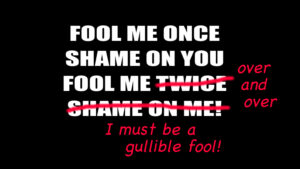
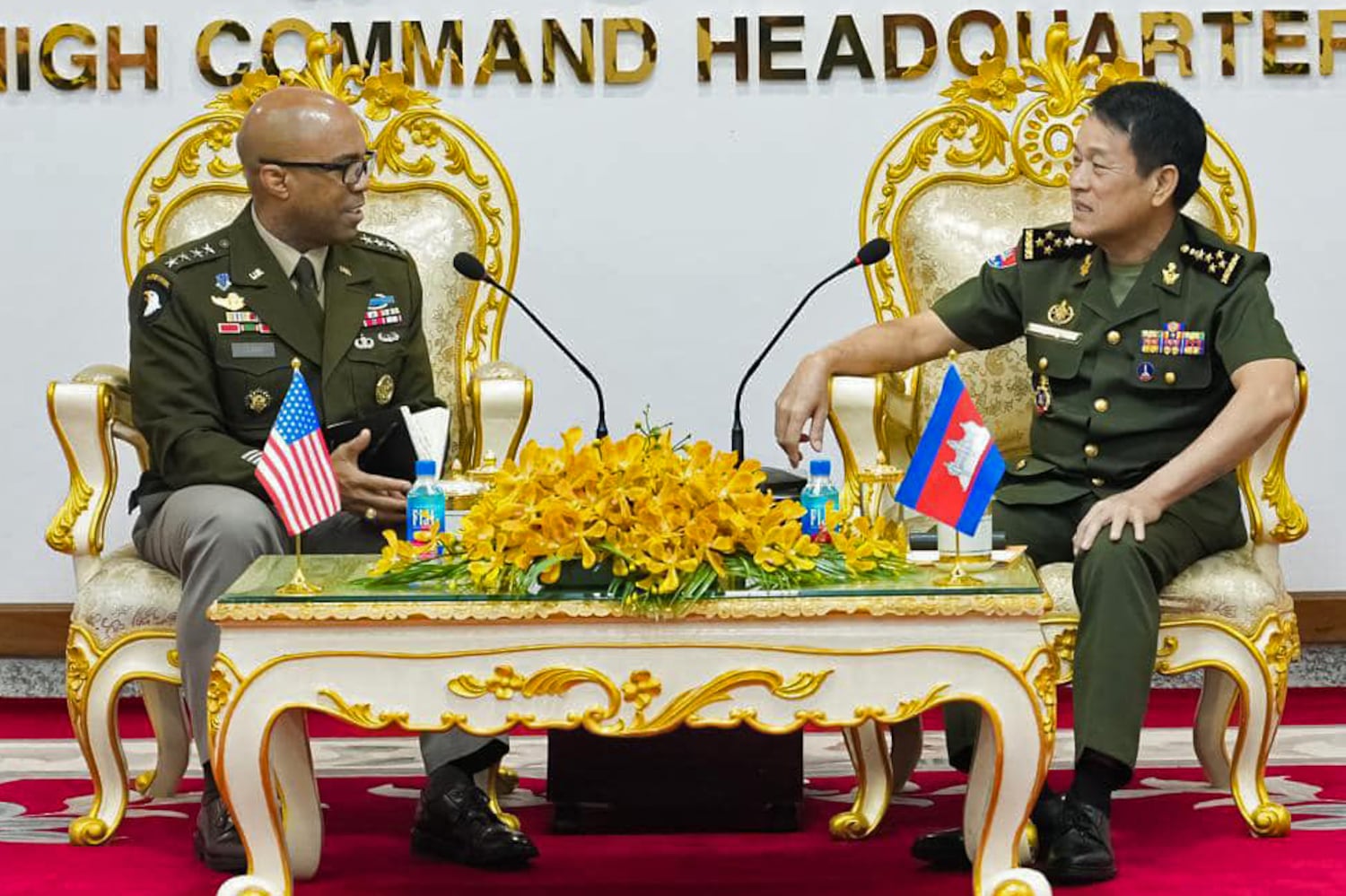
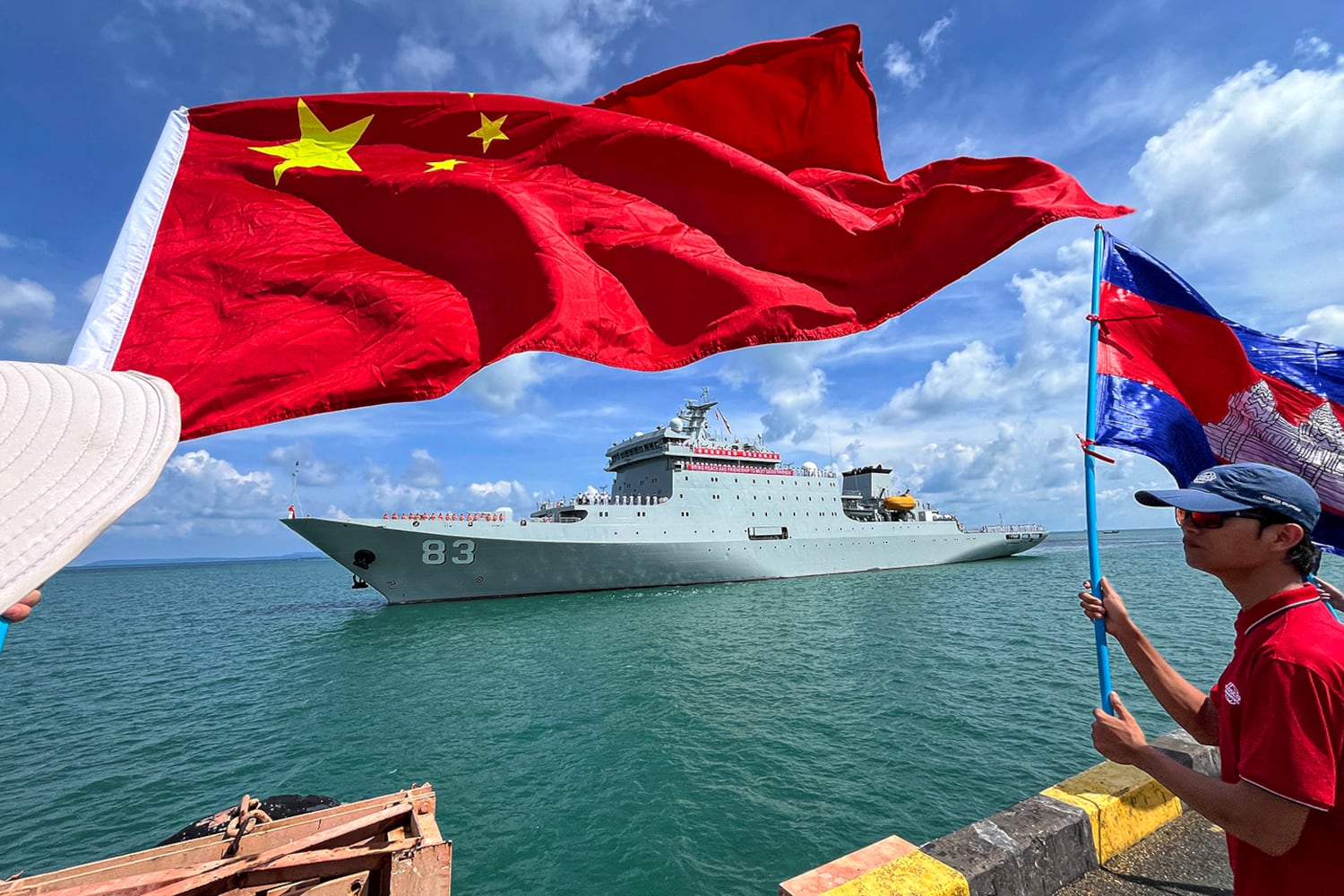
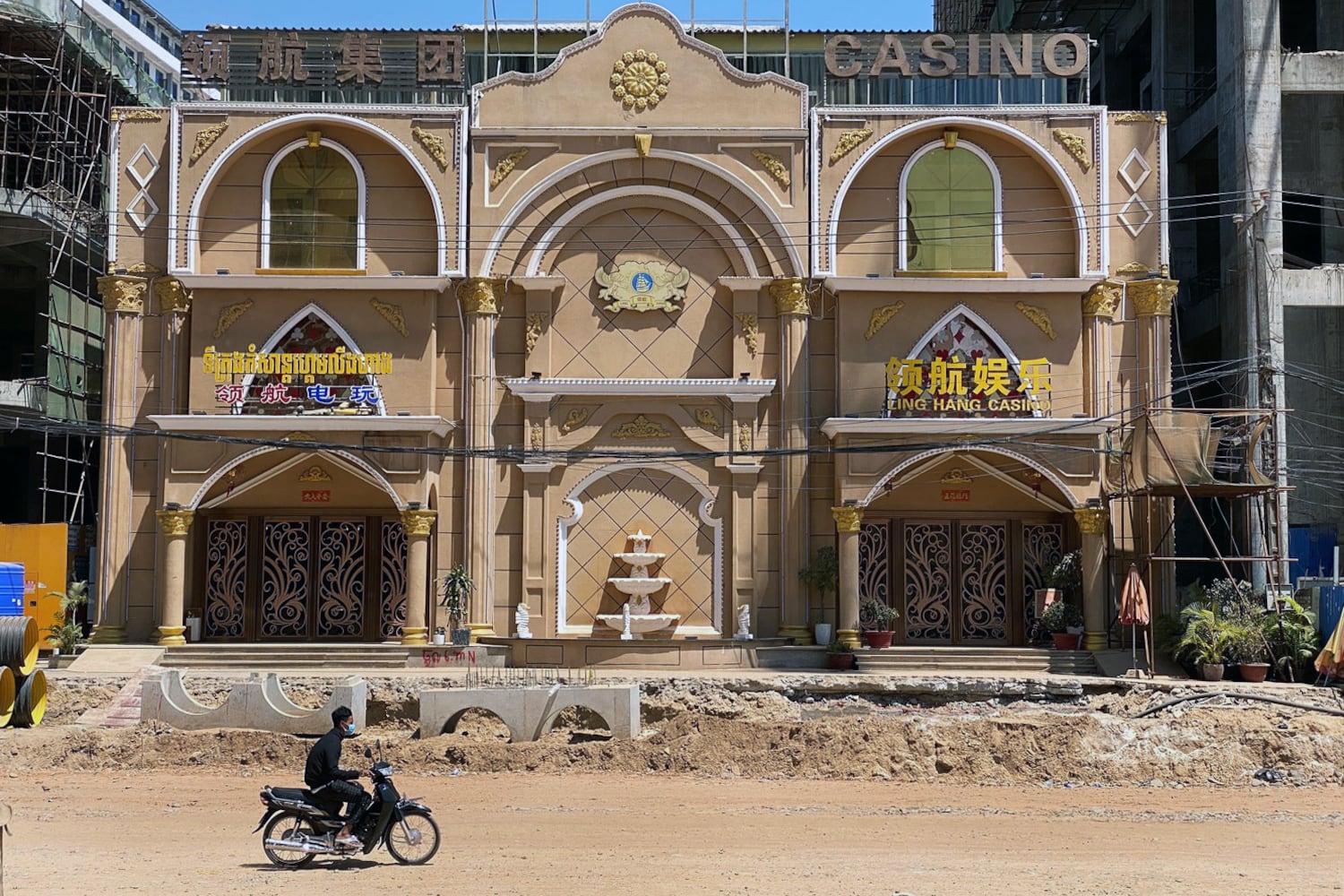
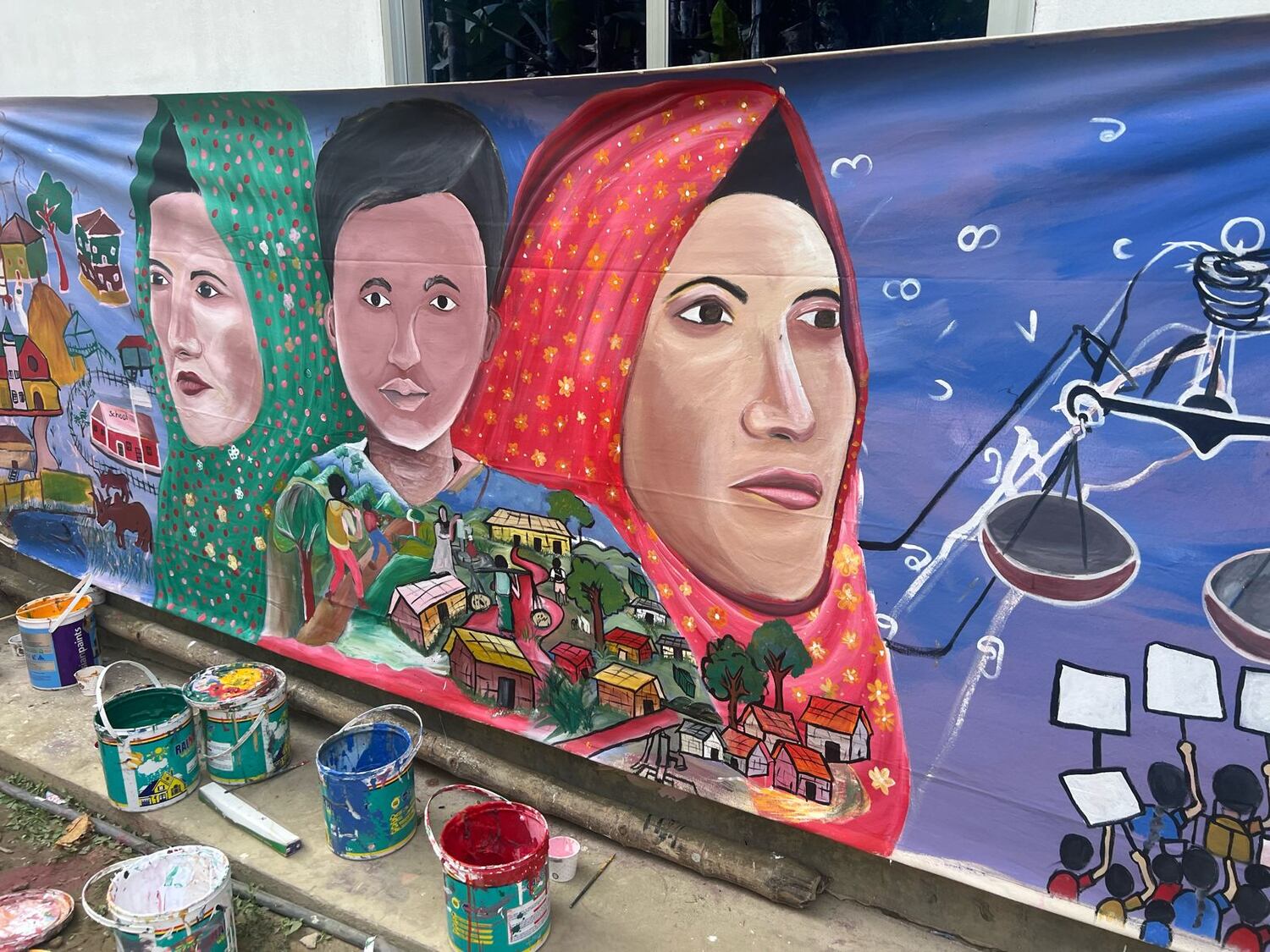
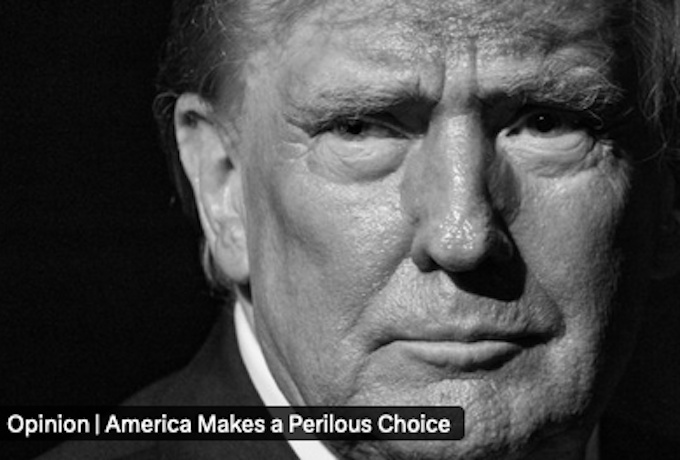
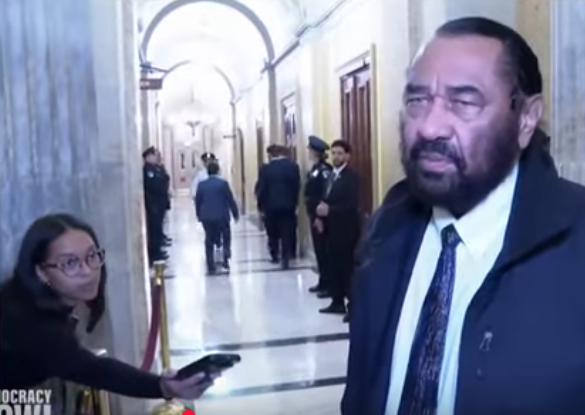
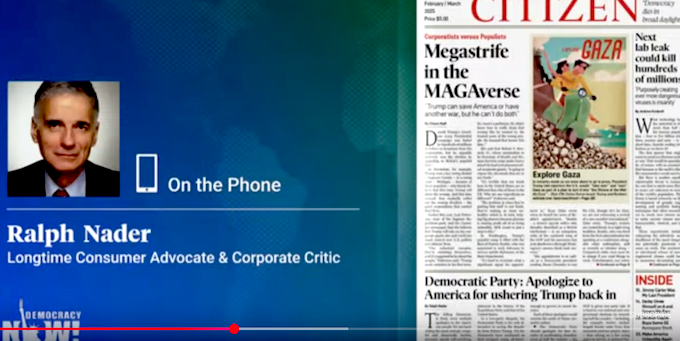
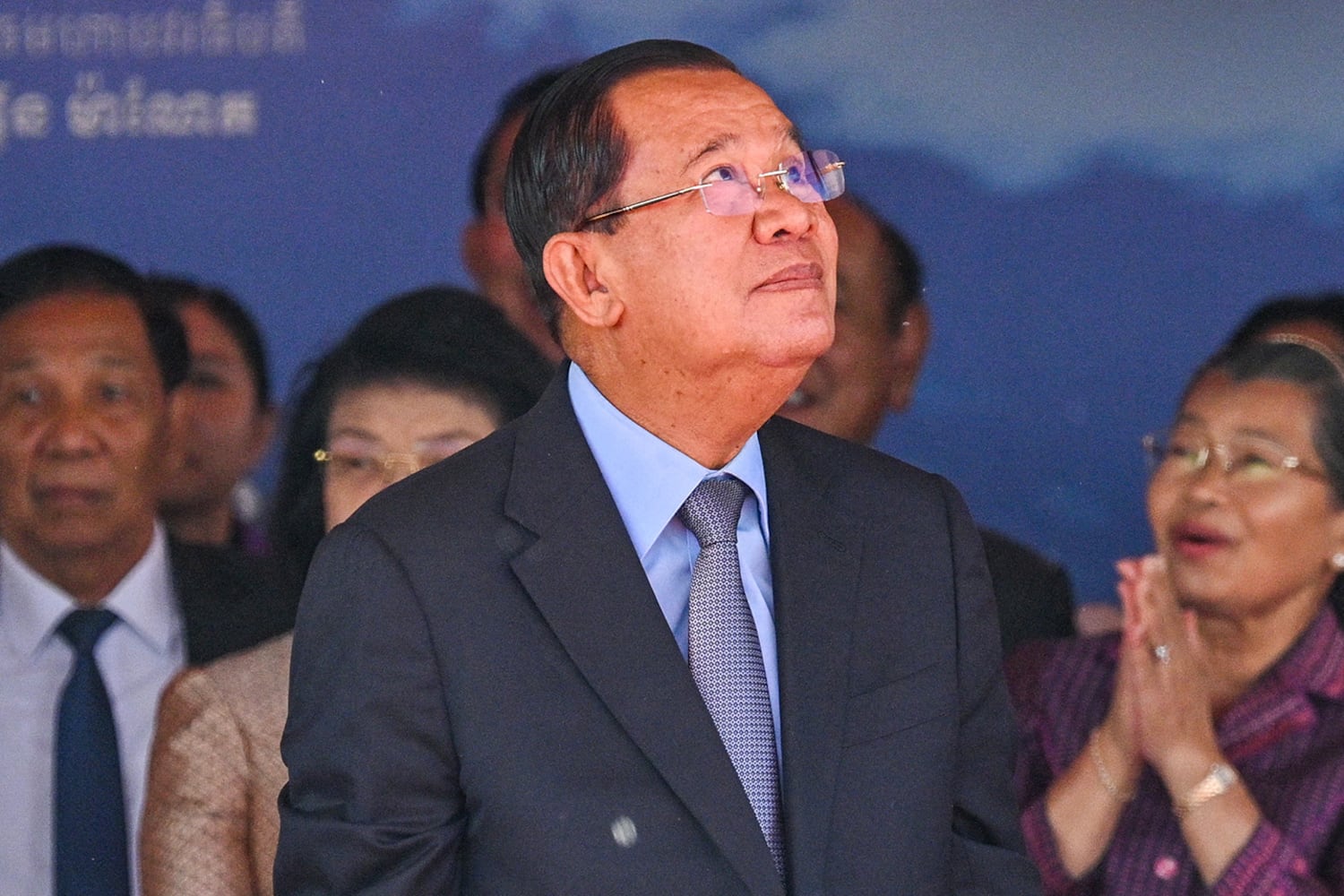








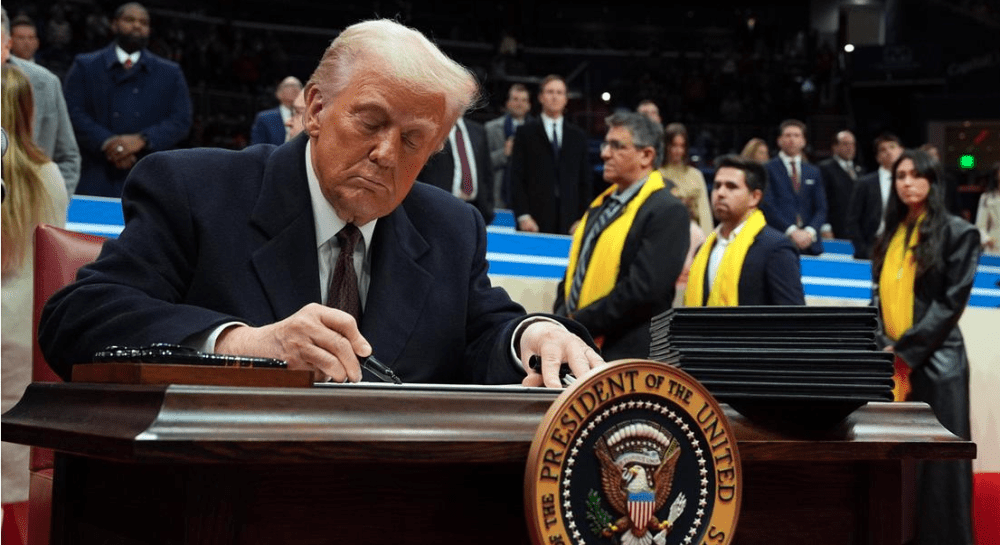
 Ruttie Jinnah and M.A. Jinnah IMAGE/
Ruttie Jinnah and M.A. Jinnah IMAGE/ IMAGE/Dr Muhammad Ali Shaikh/National Archives Islamabad/
IMAGE/Dr Muhammad Ali Shaikh/National Archives Islamabad/ Dina Wadia (extreme left), Quaid-i-Azam Mohammad Ali Jinnah’s only child, flew in to attend her father’s funeral. Second from right is Jinnah’s sister Fatima. PHOTO/The Press Information Department, Ministry of Information, Broadcasting & National Heritage, Islamabad/
Dina Wadia (extreme left), Quaid-i-Azam Mohammad Ali Jinnah’s only child, flew in to attend her father’s funeral. Second from right is Jinnah’s sister Fatima. PHOTO/The Press Information Department, Ministry of Information, Broadcasting & National Heritage, Islamabad/